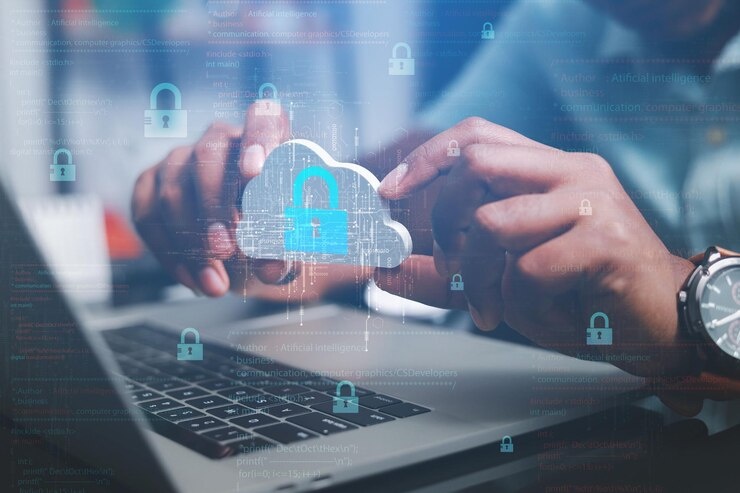Businesses are increasingly relying on cloud-based Enterprise Resource Planning (ERP) systems to streamline their operations and enhance efficiency. However, with the growing importance of data and the rising threats of cybercrime, ensuring data integrity and maintaining robust security measures have become critical concerns for organizations. We are going to explore how cloud ERP security and data privacy play a pivotal role in preventing unauthorized access, safeguarding sensitive information, and preserving data privacy in the sections below.
Understanding the Significance of Data Integrity
Data integrity refers to the accuracy, consistency, and reliability of data throughout its lifecycle. For businesses, maintaining data integrity is vital as it ensures that information remains intact and unaltered, protecting against unauthorized modifications, corruption, or loss. Cloud ERP systems offer a range of features and mechanisms to uphold data integrity, providing businesses with peace of mind regarding the security and reliability of their information.
Encryption: Protecting Data at Rest and in Transit
One of the fundamental aspects of cloud ERP security and data privacy is the use of encryption. Encryption transforms data into an unreadable format using algorithms, making it virtually impossible for unauthorized individuals to decipher. Cloud ERP systems employ robust encryption techniques to secure data both at rest, stored in databases or servers, and in transit, as it travels between devices or networks. By encrypting data, businesses can mitigate the risks associated with unauthorized access and interception, ensuring that sensitive information remains protected.
Access Controls and User Authentication
Cloud ERP systems incorporate stringent access controls and user authentication mechanisms to prevent unauthorized access to sensitive data. Role-based access control (RBAC) allows organizations to define and assign specific access privileges based on an individual's role within the organization. This ensures that employees only have access to the data necessary for their responsibilities, reducing the likelihood of accidental or intentional misuse. Additionally, multi-factor authentication (MFA) adds an extra layer of security by requiring users to provide multiple forms of verification, such as passwords, biometrics, or security tokens, further strengthening the system against unauthorized access attempts.
Continuous Monitoring and Intrusion Detection
Cloud ERP providers employ advanced monitoring tools and intrusion detection systems to proactively identify and respond to potential security threats. These systems constantly monitor network traffic, user activities, and system logs to detect any suspicious behavior or unauthorized access attempts. By promptly identifying and addressing security incidents, cloud ERP systems can minimize the impact of potential breaches and ensure the integrity of the organization's data.
Regular Updates and Patch Management
Cloud ERP providers regularly release updates and patches to address vulnerabilities and enhance system security. These updates often include security patches that address newly discovered vulnerabilities or weaknesses. By keeping the cloud ERP system up to date with the latest patches and security updates, businesses can stay ahead of potential threats and ensure that their data remains protected against emerging security risks.
Data Backups and Disaster Recovery
Cloud ERP systems usually offer robust data backup and disaster recovery capabilities. Regularly backing up critical data ensures that businesses can quickly recover and restore their information in the event of data loss due to system failures, natural disasters, or cyberattacks. By implementing comprehensive data backup and disaster recovery strategies, cloud ERP systems provide businesses with an added layer of protection and help maintain data integrity even in challenging circumstances.
Conclusion
Cloud ERP systems play a crucial role in ensuring data integrity and protecting businesses against unauthorized access. Through robust encryption, access controls, continuous monitoring, regular updates, and data backup mechanisms, cloud ERP systems provide businesses with the tools they need to safeguard their sensitive information. By leveraging these security features, organizations can confidently embrace cloud ERP solutions, streamlining their operations while maintaining the highest standards of data integrity, security, and privacy.


No comments yet